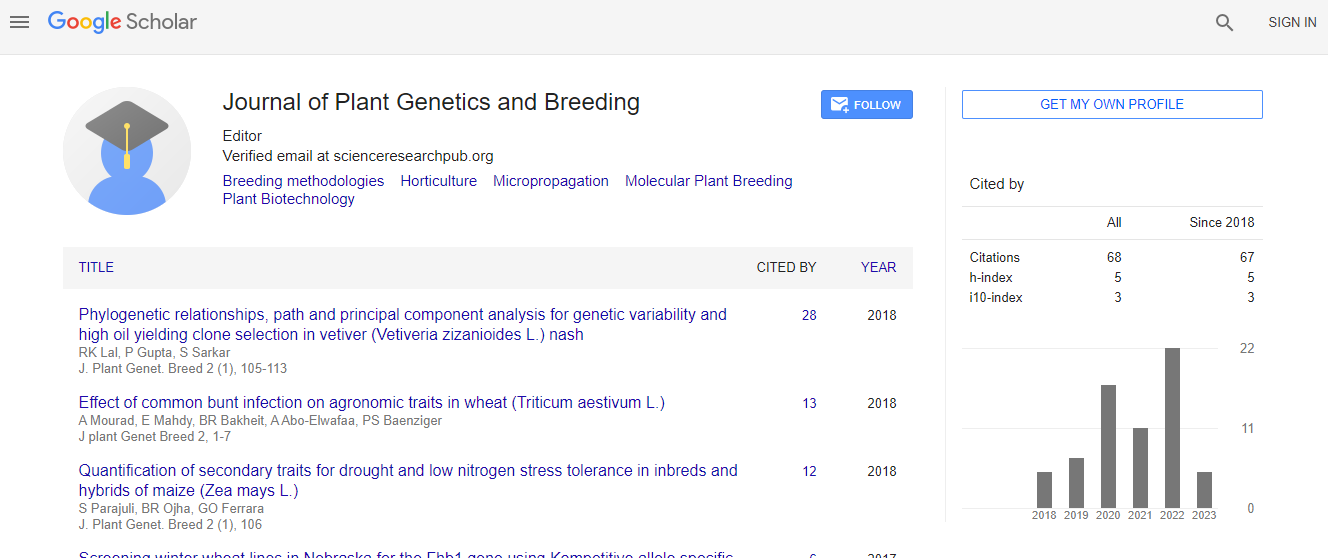Integrated Crop-Livestock-Forestry: is it the new Brazilian green revolution?
*Corresponding Author:
Copyright: © 2020 . This is an open-access article distributed under the terms of the Creative Commons Attribution License, which permits unrestricted use, distribution, and reproduction in any medium, provided the original author and source are credited.
Abstract
Statement of the Problem: Climate change is a world concern and reducing agriculture environmental impacts has become a major challenge, given the ever-growing food and energy demands. Integrated farming systems (IFS), combining crops (C), livestock (L) and/or forestry (F), reached over 12 million hectares in Brazil, in 2016, becoming a sustainable alternative to large monoculture. IFS involves intercropping, rotation and/or succession, enabling the production of food, fibre and energy on the same area (Fig. 1). “How promising are IFSs to promote production increase while reducing the environmental impact of agriculture, under climate change conditions” is the subject matter of this exploratory paper. Methodology: a literature review was carried out considering, particularly, the Brazilian context. It explored the research question, critically analyzing IFS benefits and challenges.
Findings: Research has shown several benefits of IFS in Brazil, under different edaphic and climate conditions, arrangements, and others. In general, the synergisms occurring in IFS lead to greater production of biomass, improving soils conditions, which, in turn, results in better pasture and animal performance, and fewer weeds. Cover or cash crops lend pasture some residual fertilization and receive back better physical and biological soil conditions that result in yield increase. The introduction of trees can represent an additional source of farm income, while promoting animal welfare and ecological services, like carbon emissions mitigation. Additionally, IFS allows for good economic returns and reduced income risks. The Brazilian government has been incentivizing IFS through specific credit program, but the adoption of such systems remains limited because of cultural aspects, lack of holistic understanding of IFS and structural and market constraints.
Conclusions: To increase the uptake of IFS and consolidate it as the “new green revolution” further fostering of agriculture and energy supply chains is necessary, along with government spending on infrastructure. Farmers’ training should also be addressed.

 Spanish
Spanish  Chinese
Chinese  Russian
Russian  German
German  French
French  Japanese
Japanese  Portuguese
Portuguese  Hindi
Hindi 